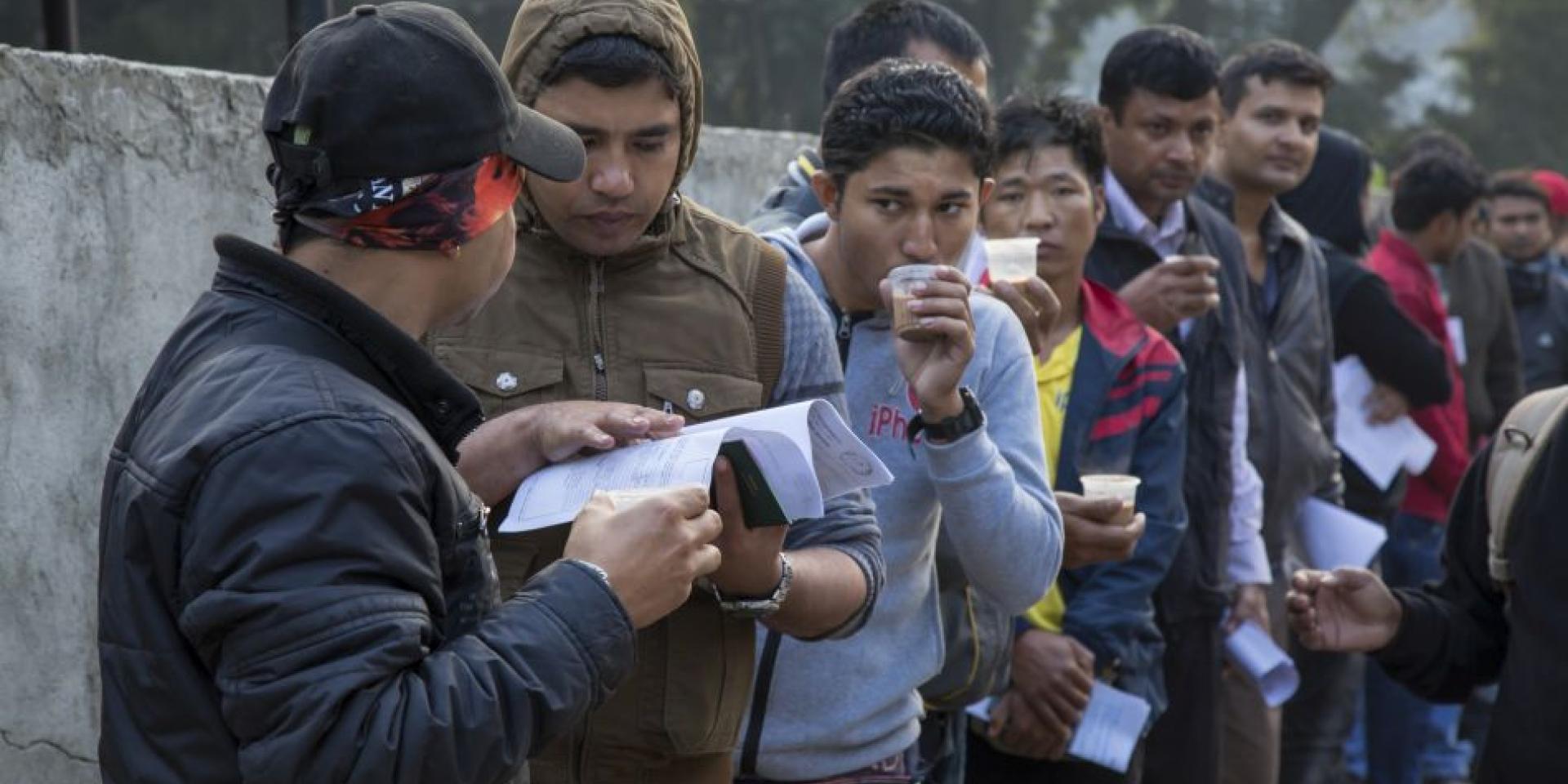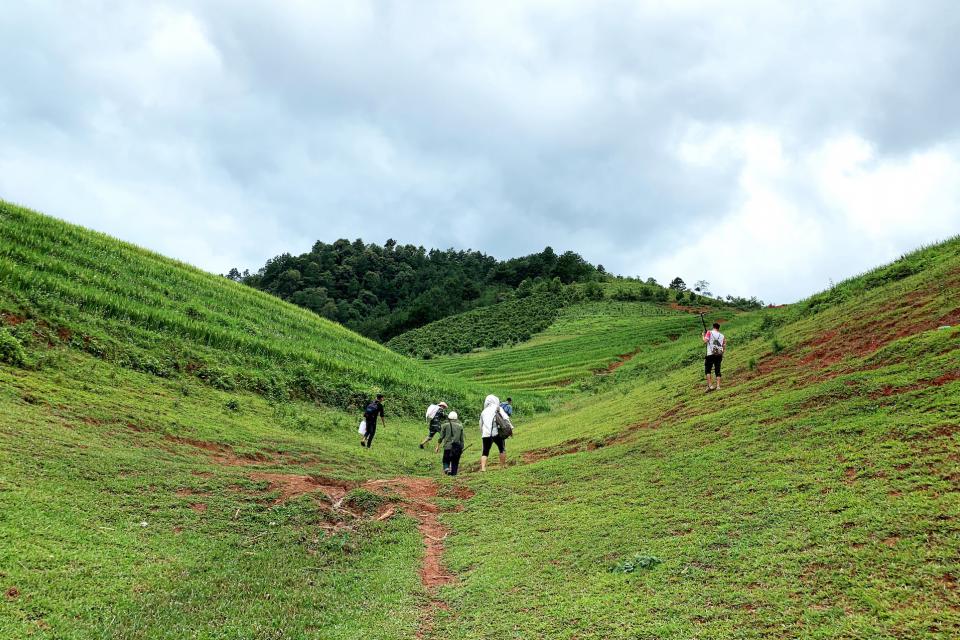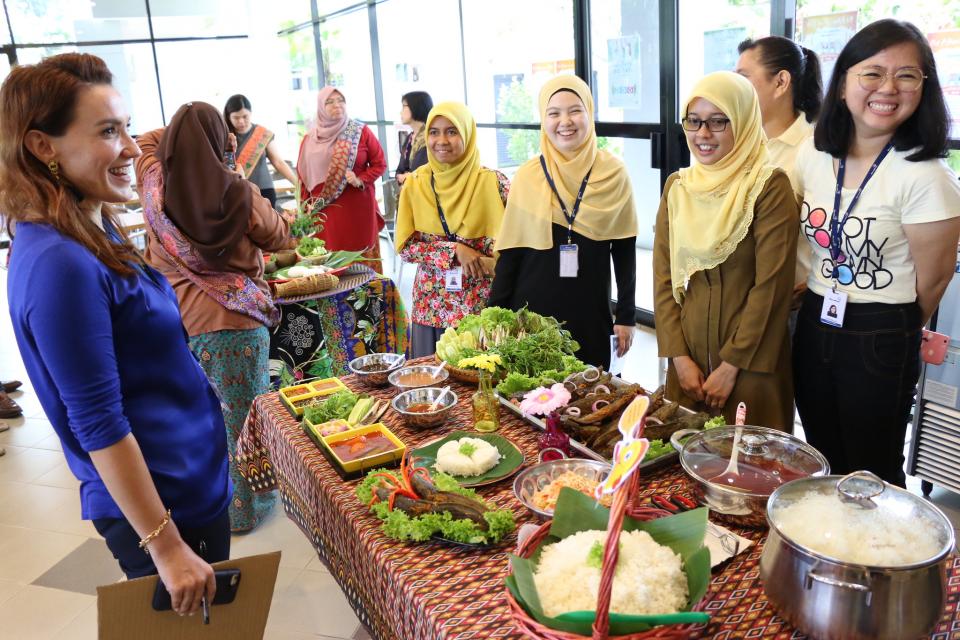Bridges not barriers: Opening doors to more integrated migration policy

Photo Credit: Sharad Maharjan/IWMI.
A ‘positive migration’ approach in policy and governance can help harness the benefits of migration for sustainable development.
Unable to find a job in Kyrgyzstan, Khadija migrated to Russia. With the money she earned working in a rural hospital, she was able to send her three children to school and build a house back home. Returning 15 years later, she opened a health diagnostic service in her village, and, in time, local authorities asked her to head a new local hospital.
For numerous rural women like Khadija, one of many interviewed by the AGRUMIG project, few livelihood options exist other than to migrate for work. Factors outside their control, such as climate change, poverty and conflict, can undermine their productivity and livelihood security. But migration can also be empowering, providing opportunities to earn an income and send money home (financial remittances), as well as acquire new skills, build networks, and subsequently contribute to substantial transformation and development in home communities (through social remittances).


